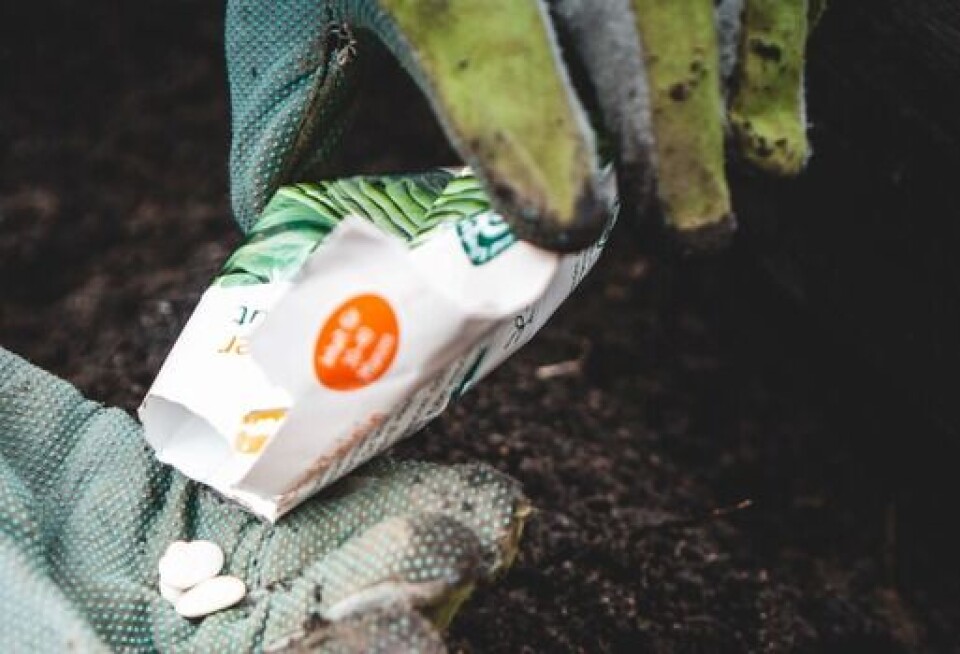Copyright : Re-publication of this article is authorised only in the following circumstances; the writer and Africa Legal are both recognised as the author and the website address www.africa-legal.com and original article link are back linked. Re-publication without both must be preauthorised by contacting editor@africa-legal.com
Ending punitive seed laws

Most indigenous African communities depend on agriculture, and in Kenya farmers are threatened by a law criminalising the sharing of seeds. Alfred Olufemi reports on a legal push back from these farmers.
The Seed and Plant varieties Act of 2012 is a piece of legislation aimed at protecting agricultural produce, but the element of it that prohibits the sharing of uncertified and unregistered seeds has been criticised for being at odds with indigenous practices. Offenders can be sentenced to up to two years in prison or a fine of up to KES 1 000 000 (US$8 300).
However, 15 smallholder farmers, with the support of Greenpeace Africa, an independent environmental campaigning organisation, have filed a case at Machakos law courts to repeal the law. The farmers are calling for an amendment of these seed laws, which they termed “punitive”.
Greenpeace Africa, in a media release, argues that indigenous seeds have been used by farmers since time immemorial and that this is a way of preserving agricultural diversity. "Seed saving and sharing is an ancient practice that has safeguarded farming communities from hunger and malnutrition," they stated.
As an interested party in the litigation, Greenpeace Africa has also created an online petition for people to sign; over 2000 signatures had been received as of the last check.
This, it says, "is another way of supporting farmers in their effort to send a clear message to the government that smallholder farmers will not relent until the government amends these neo-colonial laws that give free leeway for big multinationals and profit-driven entities to pirate local resources and exercise control over smallholder farmers."
In a 2015 paper, Syngenta, a leading science-based agrotech company, reported that Kenya has a relatively well-developed seed market within sub-Saharan Africa but that only one-third of the seeds come from seed companies while the remaining ones are derived from the informal sector.
"Kenya’s regulatory system, including implementation of regional seed protocols, must be assessed in the context of the country’s seed market," the firm recommended in the report.
Commenting on the court case, Claire Nasike, a campaigner with Greenpeace Africa, noted that the seed laws do not serve the interests of the smallholder farmers who make up 80% of the farming population. She said the laws are the epitome of corporate greed, emanating from the industrialisation of agriculture.
"Multinational seed companies, whose aim is to profit from the selling of certified and improved seed varieties, mainly monocultures, have been on the rise. Currently, the globe seed market is controlled by ten key multinational companies. These are Bayer Crop Science, Corteva Agriscience, Syngenta AG,BASF SE, Limagrain, KWS SAAT SE & Co., Sakata Seed Corporation, AgReliant Genetics, LLC and DLF Seeds A/S," Nasike said.
She says it is no coincidence that the global commercial seed market reached a value of US$43.4 billion in 2021, noting that this growth is attributed to farmers purchasing more commercially produced seed varieties as opposed to using farm-harvest saved seeds.
“With this petition in court, we hope the new government will do the right thing in putting the plight of the farmers first by amending this seed law to enable smallholder farmers to share and exchange indigenous seeds freely,” added Nasike.
To join Africa Legal's mailing list please click here
